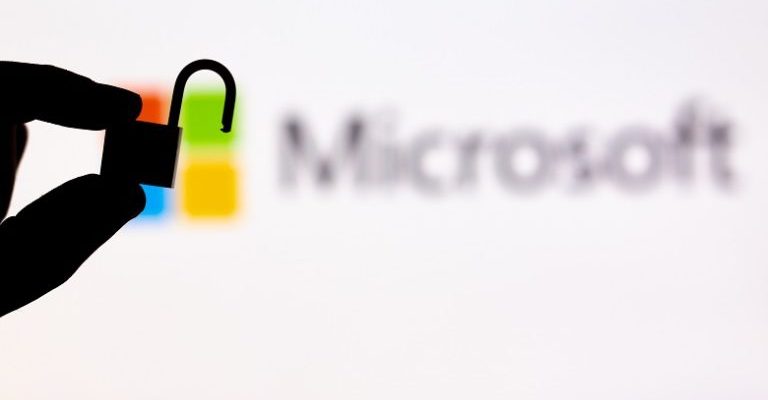US is top target for mobile cybercrime
The US is the top target for cyber-attacks focusing on mobile devices and those connected by the Internet of Things (IoT) plus the operational technology (OT) systems than run facilities such as power plants.
According to cybersecurity firm Zscaler’s ThreatLabz 2024 Mobile, IoT, and OT Threat Report, mobile remains a top threat vector, with 111% growth in spyware and 29% growth in banking malware. Technology (18 percent), education (18 percent) and manufacturing (14 percent) continue to be the sectors most targeted by mobile malware. The education sector saw the most dramatic rise in blocked transactions, with a 136 percent increase on the previous year.



